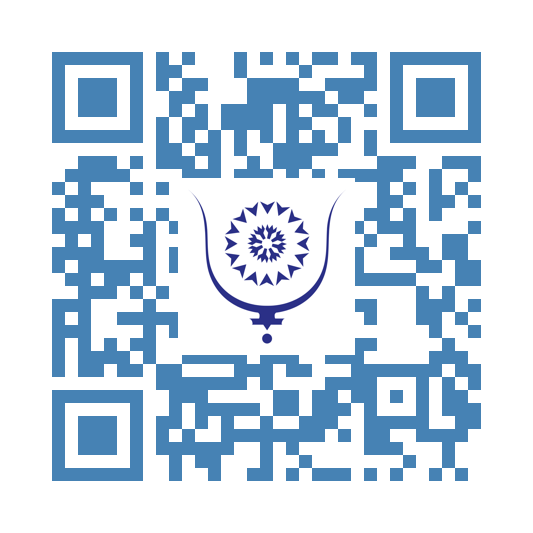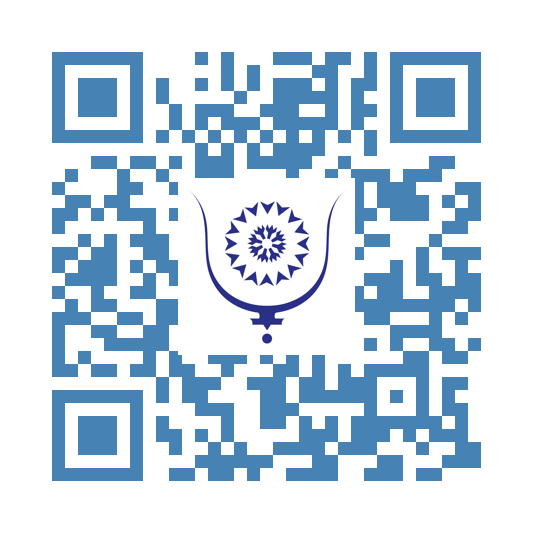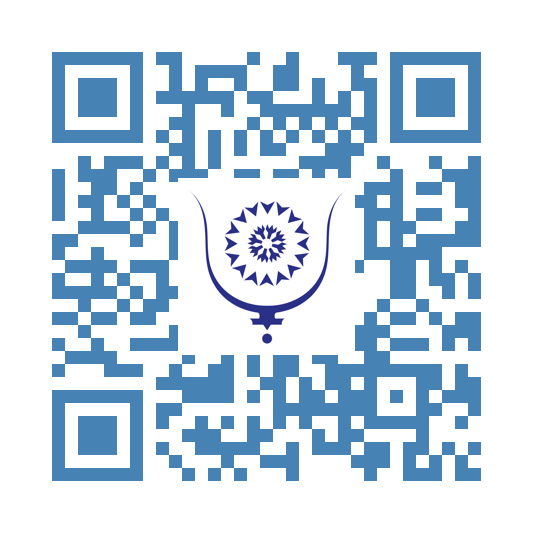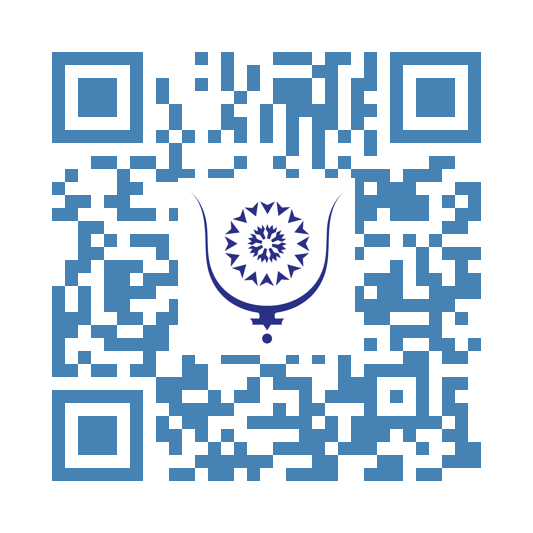Maroc-États-Unis et Cote d’Ivoire : La nouvelle donne stratégique pour renforcer la lutte antiterroriste au Sahel 268
Le ministre ivoirien de la Défense, Téné Birahima Ouattara, a reçu le 24 avril 2025 à Abidjan l’ambassadrice des États-Unis en Côte d’Ivoire, Jessica Davis Ba, accompagnée du général Michael Langley, fameux commandant d’AFRICOM. La rencontre ne peut que s’inscrire dans une dynamique géostratégique majeure où la Côte d’Ivoire, le Maroc, les États-Unis et les pays du G5 Sahel renforcent leur coopération pour lutter contre la menace terroriste transnationale qui déstabilise le Sahel et l’Afrique du Nord, depuis assez longtemps. Le pacte conclu en Algérie sous Bouteflika avec des groupes armés, faut il le rappeler, a déplacé la menace vers le sud du pays, accentuant l’instabilité sahélienne, et ce après une guerre ayant fait plus de 250 000 morts algériens.
Dans cette nouvelle architecture sécuritaire, la Côte d’Ivoire se positionne comme un acteur clé au sud des zones instables. Washington y intensifie sa présence militaire avec une base de drones à Bouaké et un don de 12 véhicules blindés pour renforcer la défense ivoirienne, notamment dans les zones exposées au terrorisme. Ce partenariat inclut aussi la formation des forces ivoiriennes et la mise en place d’infrastructures de maintenance, illustrant une coopération appelée à se prolonger dans le temps. Les exercices conjoints à Bingerville, toujours en Cote d'Ivoire, montrent la montée en puissance des forces ivoiriennes en synergie avec les États-Unis, consolidant un maillon essentiel de la sécurité ouest-africaine. La Côte d’Ivoire, alliée historique du Maroc par ailleurs, devient ainsi un acteur central de cette cohésion régionale. Cela ne pouvait se faire sans que Rabat ne soit informée et peut être même qu'elle a joué un rôle de facilitateur au préalable.
Le Maroc lui, s’impose comme un acteur clé de la lutte antiterroriste en Afrique du Nord et au Sahel, coordonnant ses actions avec le G5 Sahel, la plateforme la plus efficace contre les groupes djihadistes divers; en fait de simples gangsters. Sa participation intense à des exercices militaires comme African Lion 2025, notamment dans ses provinces du sud, renforce la coordination avec les forces américaines, africaines et au delà. La formation au maniement du système d’artillerie mobile HIMARS par exemple, témoignent de la profondeur stratégique du partenariat Royaume du Maroc-États-Unis.
Cette nouvelle cohésion régionale fait du Royaume un stabilisateur majeur, promouvant une approche multilatérale face au terrorisme, aux trafics illicites et aux conflits hybrides; La région sahélo-saharienne, aujourd’hui alignée sur le Maroc, faisant face à des menaces complexes, notamment la porosité entre mouvements séparatistes comme le Front Polisario et les réseaux terroristes. Le sud algérien est quant à lui, devenu une zone de non-droit propice aux trafics et djihadismes multiforme, menaçant la stabilité régionale. Le Mali d'ailleurs dénonce de plus en plus ouvertement, l’ingérence algérienne et son soutien aux groupes terroristes, tandis que la Mauritanie vient de fermer sa frontière avec l’Algérie près de Tindouf, terroir du Polisario. L'Algérie au pire, si elle n'encourage ouvertement pas, tolère tout de même que son sol soit une zone de repli stratégique et un pourvoyeur notamment de carburant, ce qui est vital pour le maintien en vie et les activités des différents groupes.
La Force conjointe du G5 Sahel même remodelé après le retrait des français de la région, reste tout de même limitée par un déficit de financement et d’équipements, soulignant l’urgence d’un soutien international renforcé.
La montée en puissance militaire ivoirienne, la coopération avec le Maroc et l’appui américain s’inscrivent donc dans une stratégie régionale globale pour contenir ces menaces. L’Algérie, malgré elle, est un partenaire, sous pression, hébergeant depuis plus de 50 ans le Front Polisario. De plus en plus celui ci est qualifié d’organisation terroriste et le sera bientôt aux USA par la force de la loi. En mai 2025, l’escale du destroyer américain USS Forrest Sherman à Alger et des exercices navals conjoints avec ce pays, traduisent la volonté américaine de maintenir une présence stratégique en Méditerranée impliquant ainsi davantage Alger dans la lutte antiterroriste. Le mémorandum d’entente signé en janvier 2025 entre Washington et Alger souligne cette responsabilisation accrue face aux menaces aux frontières sud algériennes.
La région se dirige donc vers une nouvelle architecture sécuritaire. La rencontre d’Abidjan et l’ampleur des manœuvres au sud du Maroc illustrent une mutation profonde de la coopération sécuritaire en Afrique de l’Ouest et du Nord. La montée en puissance du Maroc comme acteur central, associée à un partenariat renforcé entre Côte d’Ivoire, États-Unis et G5 Sahel, dessine cette nouvelle architecture géostratégique plus cohérente et voulue plus efficace.
On peut ici aussi dans le même sens, évoquer les différents déplacements récents de responsables émiratis dans la région et la toute fraiche visite du fils du Maréchal Haftar, le général Sadam Haftar au Niger, ses visites précédents au Burkina et même en Israël, il y a quelques temps.
L’étau se resserre ainsi sur les groupes terroristes, désormais coupés de leurs refuges stratégiques. Leur dernier recours reste le nord via l’Algérie et la Libye, où les conflits internes compliquent la lutte. Cette démarche régionale multilatérale apparaît comme la meilleure réponse pour restaurer stabilité et sécurité dans une région en mutation accélérée par des changements politiques récents.
Le Maroc, premier à s’adapter à ces évolutions, récolte les fruits de sa stratégie de non ingérence, en scellant une complémentarité économique et stratégique forte avec ses partenaires.
De Rabat à Abidjan, aucune zone n’échappe plus à cette dynamique économique et sécuritaire voulue par Sa Majesté le Roi. Les positions d’Alger, désormais bancales, et son discours belliqueux envers ses voisins n’impressionnent plus. Le glas a sonné pour les groupes extrémistes du désert, notamment le Polisario et son rôle ambigu depuis une demi-siècle déjà.






